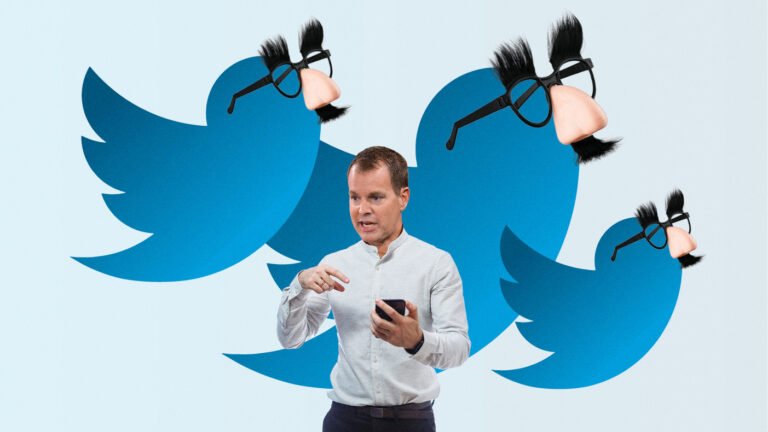The role of a CEO in the entertainment industry, particularly at a prominent network like HBO, comes with its own set of intense pressures and challenges. From managing high-profile talent to navigating public scrutiny, the demands on a CEO’s time and attention are unrelenting. This includes dealing with the aftermath of a show’s conclusion, fielding inquiries about the performance of streaming platforms, and even contending with unexpected intrusions such as a filmmaker filming outside their residence.
One of the most daunting aspects of the job is the relationship with TV critics, who wield significant influence through their reviews and commentary. The freedom of these critics to express their opinions, often without restraint, has been a source of frustration for many industry executives. The ability of critics to shape public perception and influence viewership can create a high-stakes environment for network heads, where the impact of a negative review can be substantial.
However, recent events have brought to light a controversial revelation that has added a new layer of complexity to this dynamic. Rolling Stone’s exposé on November 1st revealed that several tweets mocking TV critics who had written negative reviews about HBO shows were actually composed at the direction of Max CEO Casey Bloys under fake names. The revelation has sparked significant attention and criticism, raising questions about the ethical boundaries of media interactions and the use of social media to influence public opinion.
The account @KellySh33889356, attributed to “Kelly Shepherd,” was identified as one of the sources of these fabricated tweets. Bloys conceded on November 2nd that this was a “very dumb idea” he acted on during cooped up COVID times. This revelation has ignited a broader conversation about the relationship between entertainment executives and media critics, shedding light on the potential pitfalls of attempting to influence public discourse through deceptive means.
Moreover, the article raises the question of whether other studio heads are engaging in similar practices, citing examples of potentially fabricated tweets from other CEOs. This controversy has brought to light the complexities and ethical considerations surrounding the interactions between entertainment executives and media critics, prompting a reevaluation of the industry’s practices and the boundaries of acceptable conduct.
In conclusion, the pressures faced by CEOs in the entertainment industry, particularly in relation to media interactions, are multifaceted and demanding. The recent controversy surrounding fabricated tweets has underscored the need for transparency, ethical conduct, and a reexamination of the relationship between industry leaders and media critics. This revelation serves as a reminder of the delicate balance between managing public perception and maintaining integrity in the pursuit of success in the entertainment industry.

